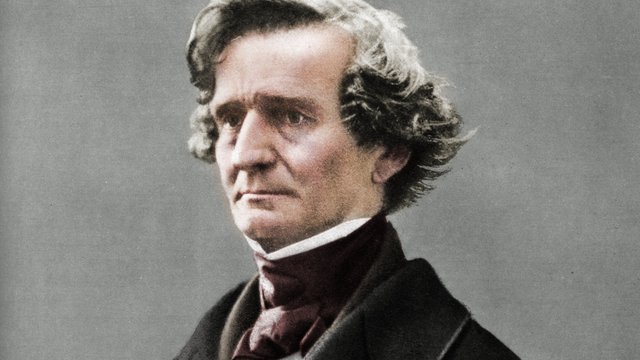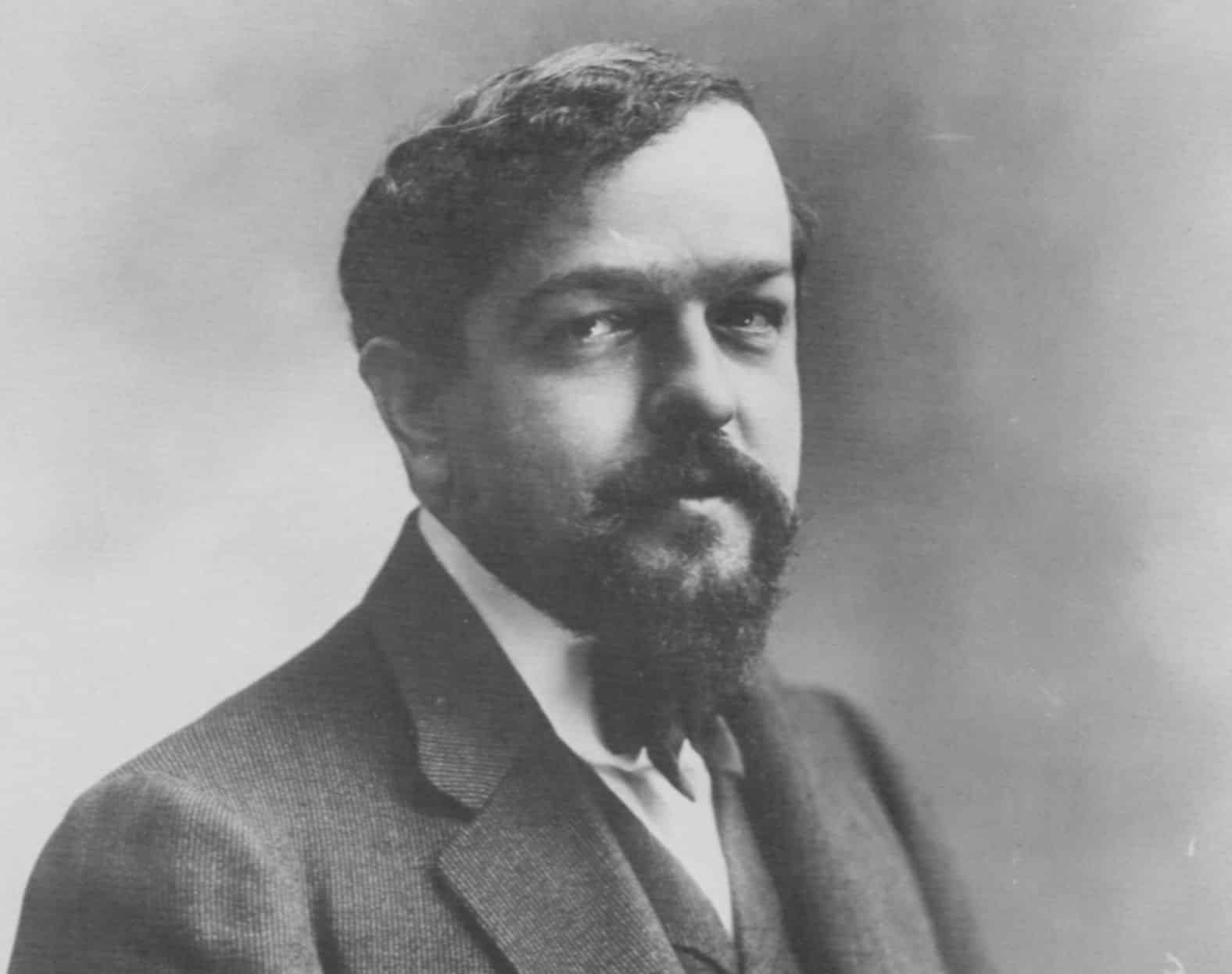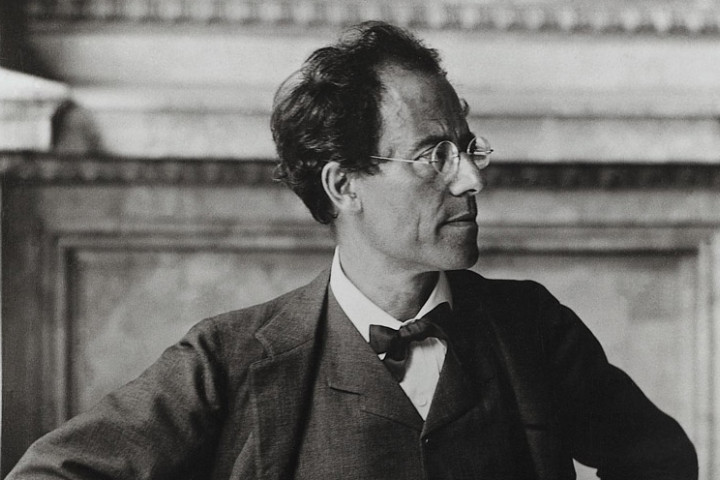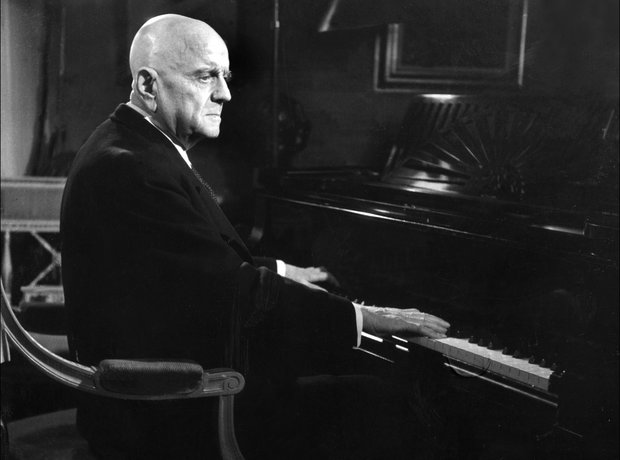
Berlioz – Grande Messe Des Morts
Hector Berlioz’s Grande Messe des Morts, Op. 5, also known as his Requiem, stands as one of the most monumental sacred choral works in the[…]

Berlioz – Harold In Italy
Harold in Italy (original French title: Harold en Italie), Op. 16, is one of the most imaginative and distinctive works by French composer Hector Berlioz.[…]

Claude Debussy: A Life in Music
Achille-Claude Debussy (1862–1918) was a French composer whose innovative works profoundly influenced 20th-century music. Often associated with musical Impressionism, a term he himself disliked, Debussy[…]

Mahler – Symphony No. 2
Gustav Mahler’s Symphony No. 2 in C minor, widely known as the “Resurrection” Symphony, stands as one of the most ambitious and spiritually profound works[…]

Jean Sibelius – A Complete Biography
Jean Sibelius (1865–1957) stands as Finland’s most celebrated composer and one of the defining symphonic voices bridging late Romanticism and early modernism. His music—rooted in[…]

Mahler – Symphony No. 3
Gustav Mahler’s Symphony No. 3 is one of the most ambitious and expansive symphonic works ever composed. Completed in 1896 and revised in the years[…]

Mahler – Lieder eines fahrenden Gesellen
Gustav Mahler’s Lieder eines fahrenden Gesellen (Songs of a Wayfarer) stands as one of his earliest and most personal masterpieces. Composed between 1884 and 1885,[…]

Mahler – Symphony No. 1
Gustav Mahler’s Symphony No. 1 in D major, often referred to by its early nickname “Titan”, marks the dazzling debut of one of the most[…]

Mahler – Symphony No. 8
Gustav Mahler’s Symphony No. 8 in E-flat major, often referred to as the “Symphony of a Thousand,” stands as one of the most ambitious and[…]

Mahler – Das Lied von der Erde
Das Lied von der Erde (The Song of the Earth) is one of Gustav Mahler’s most profound and personal compositions. Blending the genres of symphony[…]